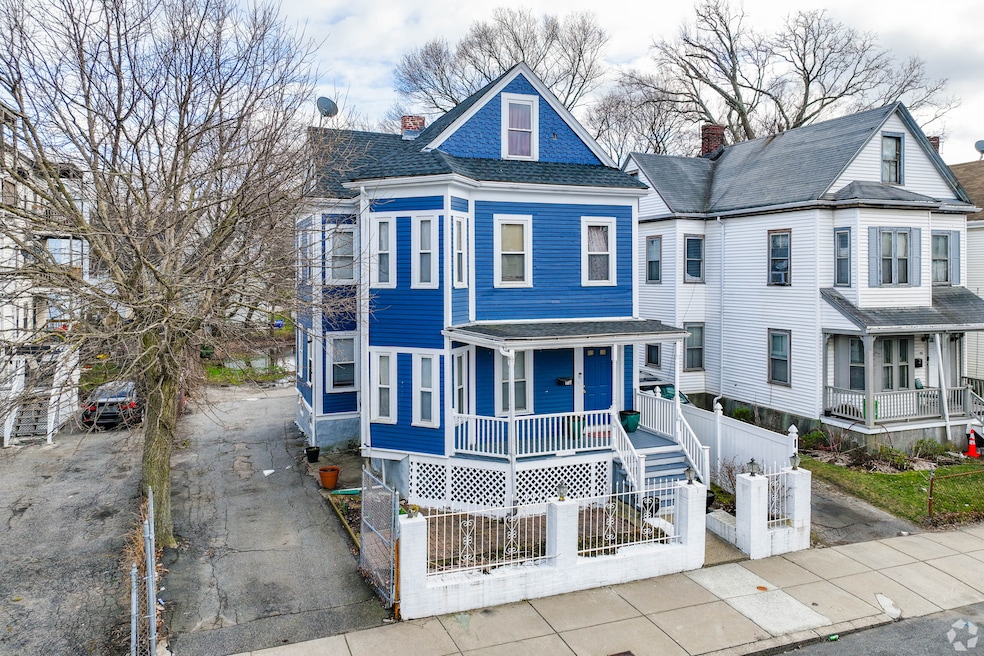A new effort in Boston aims to make housing a little more affordable in one of the country’s most expensive markets when multiple parties want to buy a home together.
The city’s co-ownership program offers up to $50,000 in zero-interest loans for down payments and closing costs to each of the households buying a two- or three-unit home. To get such a loan, household income can’t exceed 100% of the area median income, or about $131,000 for a family of two. A loan of up to $35,000 is an option for households with a $176,000 income.
Buyers, who must agree to make the house their primary residence, don’t have to pay the money back until they sell their part of the home or refinance. They have to be first-time homebuyers, defined as not owning a home in the past three years. In a typical scenario involving a triple-decker, a common type of three-family home in Boston, each of the three owners would hold a one-third share in the property.
Boston already had a down payment assistance program to support more conventional home purchases for first-time buyers, but it wasn’t designed to help with co-ownership, Paige Roosa, who directs the city’s housing innovation lab, said in an interview.
“If you’re adding up the incomes of everyone, most likely you’re going to exceed the income limits. So, the tweak was to take our existing financial assistance program and say, ‘We’ll evaluate them individually, but allow them to come together on one mortgage,’” Paige Roosa, who directs the Boston Housing Innovation Lab, said in an interview.
Co-ownership among multiple households has grown in popularity in many U.S. cities as home prices have soared. Boston Mayor Michelle Wu became a homeowner that way, Roosa said. Boston’s large stock of triple-decker homes, most of them built in the early 20th century, provide good candidates for the model. Duplexes are also eligible.
But even with co-ownership, the city’s high prices are daunting. The median sales price for a single-family home in the region hit $990,000 in April, according to the Greater Boston Association of Realtors, and $732,000 for a condo. Boston ranked 14th out of 234 metropolitan areas in the first quarter of 2025 in terms of median sales prices for existing single-family homes, according to National Association of Realtors data released in May.
In response to a Boston city government survey in 2024, 55% of respondents said they were interested in co-purchasing a home, but couldn’t come up with the down payment or closing costs.
As with co-ownership generally, people who buy homes through Boston’s program would be at risk if one of the other co-owners decided to sell their share. Most people would have to refinance, Roosa said. The owners are responsible for their individual loans, since they may have qualified for differing amounts.
Besides the income limits, the co-ownership program doesn’t allow people to participate if their liquid assets like cash or mutual funds exceed $100,000.
One pair of families has bought a home together so far since Boston’s program launched, she said. They purchased a triple-decker and are renting out the third unit. Roosa said the city is actively marketing the concept to try to draw more interest. It’s a project the city was able to start up with minimal effort, she said, since it modified a program that already existed.
“It was one of these beautiful things, because we had control of our own guidelines,” she said.

